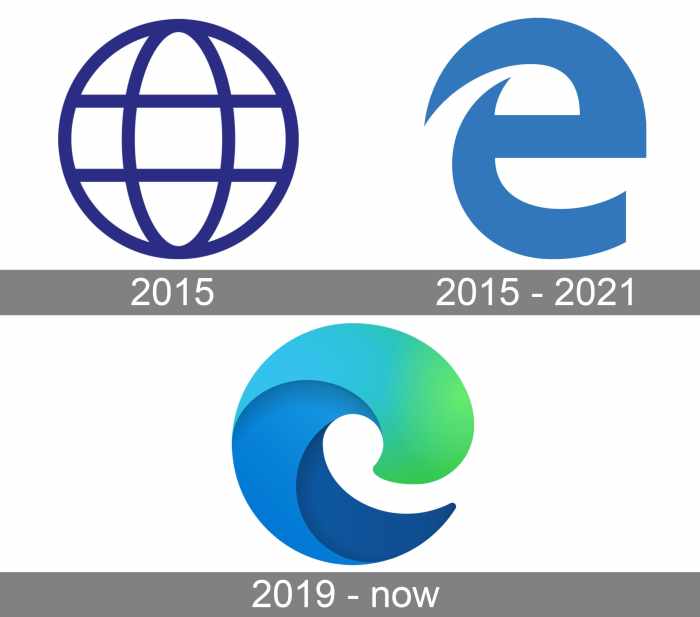The century america’s time over the edge answers – The Century America’s Time Over the Edge: Answers provides a comprehensive analysis of the rise and potential decline of American global influence, examining the factors that have shaped its dominance and the challenges it faces in the 21st century.
This captivating narrative explores the concept of American exceptionalism, its impact on foreign policy, and the lessons learned from past interventions in global affairs. It also delves into the role of public opinion in shaping American foreign policy and the potential implications for global affairs and international relations.
The Rise of American Global Dominance

The United States emerged as a global power in the late 19th and early 20th centuries. Several factors contributed to this rise, including:
- Industrialization and technological advancements, which fueled economic growth and military power.
- The acquisition of overseas territories, such as the Philippines and Hawaii, which provided strategic advantages and resources.
- A strong navy, which enabled the US to project power abroad.
- A growing population, which provided a large labor force and consumer base.
American Exceptionalism and Its Impact, The century america’s time over the edge answers
American exceptionalism is the belief that the United States is a unique and special nation with a mission to spread its values and influence around the world.
This belief has had a significant impact on American foreign policy, leading to interventions in other countries, such as the Spanish-American War and the Vietnam War.
American exceptionalism has also shaped the country’s self-perception, fostering a sense of national pride and superiority.
The Challenges Facing America in the 21st Century

The United States faces several challenges in the 21st century, including:
- Economic inequality, which is widening the gap between the rich and the poor.
- Political polarization, which is making it difficult to address national issues.
- Climate change, which is threatening the environment and the economy.
- The rise of China, which is challenging US global dominance.
The Future of American Global Influence
The future of American global influence is uncertain. However, there are several possible scenarios:
- The US will maintain its global dominance, but its power will be challenged by rising powers such as China.
- The US will decline in relative power, and other countries will become more influential.
- The US will become more isolationist, and its global influence will diminish.
Lessons from the Past: America’s Role in the World

The United States has a long history of involvement in global affairs.
Some of its past interventions have been successful, such as the Marshall Plan, which helped rebuild Europe after World War II.
Other interventions have been less successful, such as the Vietnam War.
The United States can learn from its past experiences to make better decisions about its future role in the world.
Public Opinion and America’s Global Role: The Century America’s Time Over The Edge Answers

Public opinion plays a significant role in shaping American foreign policy.
Public opinion can be influenced by a variety of factors, such as the media, political leaders, and personal experiences.
Public opinion can also be volatile, and it can change quickly in response to events.
FAQ Explained
What are the key factors that contributed to America’s rise as a global power?
Economic strength, military dominance, cultural influence, technological advancements, and favorable geopolitical conditions.
How has American exceptionalism influenced foreign policy?
It has led to a sense of moral superiority and a belief in America’s unique role in shaping the world, often justifying interventions and shaping diplomatic strategies.
What are the major challenges facing America in the 21st century?
Economic inequality, political polarization, climate change, technological disruption, and the rise of new global powers.
How might American global influence evolve in the future?
It could decline due to internal challenges or competition from other powers, or it could adapt and maintain a significant role through strategic alliances and multilateral cooperation.